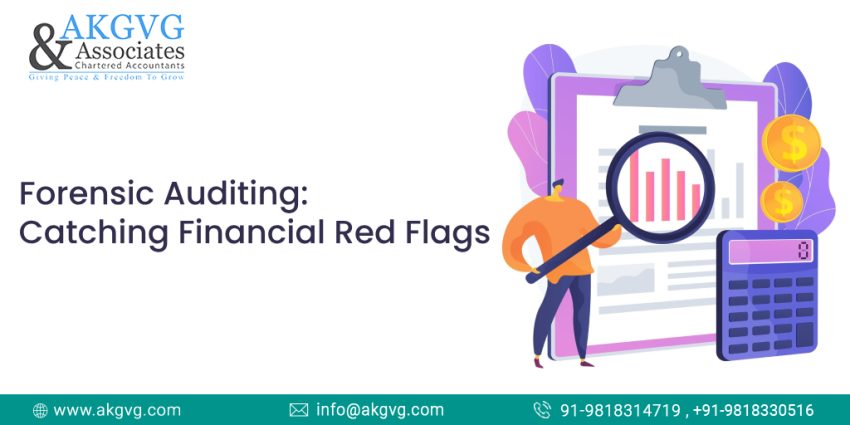In an era of increasing corporate fraud and financial misstatements, forensic auditing has emerged as a vital tool for detecting, analyzing, and preventing financial irregularities. This specialized field combines accounting, auditing, and investigative skills to uncover evidence of fraudulent activities. Forensic auditors play a crucial role in ensuring transparency, accountability, and regulatory compliance by providing objective analysis of complex financial data and transactions
What is Forensic Auditing?
Forensic auditing can be defined as a specialized kind of accounting and auditing practice which is characterized by the act of finding fraud, misappropriations, and so on using the financial records of the company. Forensic audits differ with a standard or routine audit because they are investigational in character and often lead to legal action.
Key Techniques Used in Forensic Auditing
Techniques to conduct forensic audits effectively:
- Data Mining and Analytics: The current forensic auditors have sophisticated data analytic tools to comb through huge amounts of transaction data to detect anomalies. Such tools may help to identify patterns suggesting fraud e.g. repeat payments, fake vendors or off-book payments.
- Transaction Tracing: In transaction tracing auditors trace certain transactions to determine whether they are genuine and are of correct origin. This involves the matching of invoices, bank statements, and purchase orders to recognize the mismatch or forged documentation.
- Digital Forensics: Most financial data is in electronic form and digital forensics enable the forensic auditor to restore files, emails and other records that might be of crucial importance to the investigation.
- Employee Interviews and Behavioral Analysis: In many cases, misconduct may be caused by in-house employees. When carrying out forensic audits, the auditors interview employees and evaluate behavioral clues to acquire information as well as learn about the organizational climate within which the irregularities took place.
- Lifestyle Audits: lifestyle audit can act as a tip-off where the workers have disproportionate wealth, or their assets are unexplainable. Audit firms can go out to carry out probes into lifestyle habits to establish whether a given employee has a financial status that is in line with the salary he/she claims.
- Common Financial Irregularities Detected: Financial irregularities through forensic audits: –
-
- Embezzlement of funds
- Falsification of financial statements
- Kickbacks and bribery
- Money laundering
- Asset misappropriation
- Insider trading
These findings not only help businesses take corrective action but also assist law enforcement and regulatory bodies in prosecuting fraud.
Importance of Forensic Auditing for Businesses
Due to increasing focus on corporate governance and risk management, forensic audit has become fundamental in protecting the interest of the investor and enhancing trust in business activities. Forensic audits are being proactively requested by private and government owned industries including government agencies and by public sector enterprises.
This content is meant for information only and should not be considered as an advice or legal opinion, or otherwise. AKGVG & Associates does not intend to advertise its services through this.

